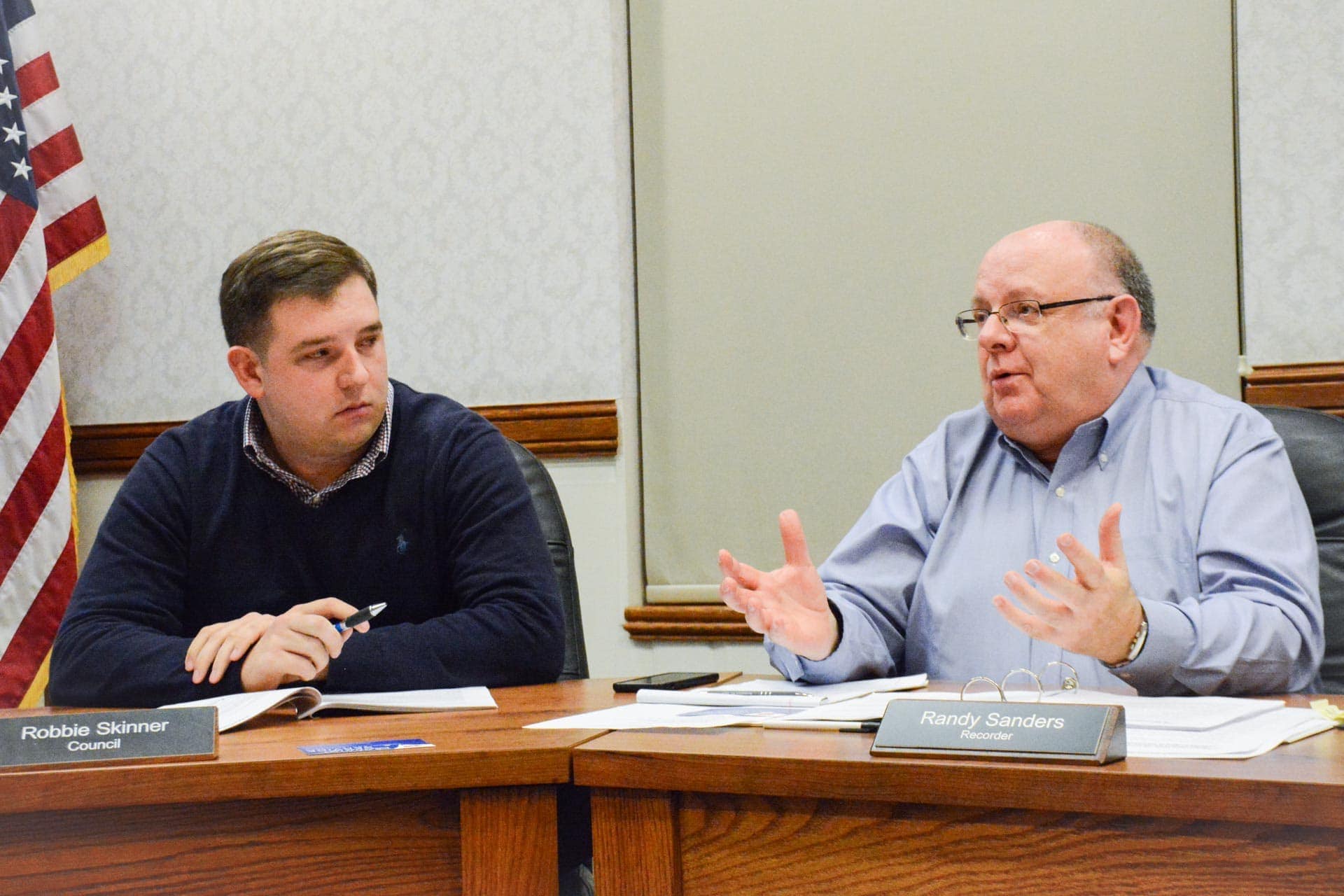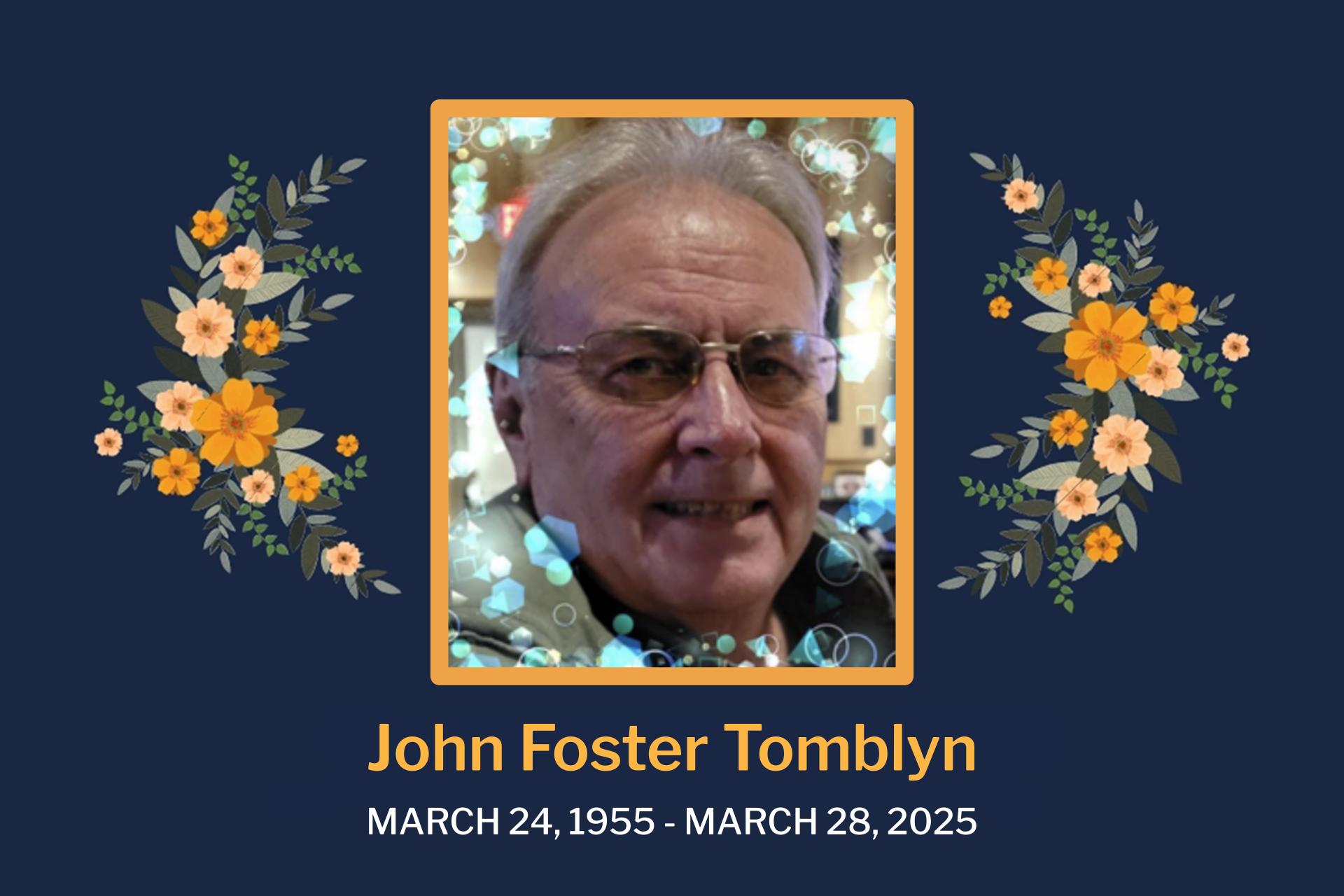BUCKHANNON – Buckhannon City Council passed on second reading an ordinance banning the awarding of live animals as prizes in carnival games Thursday – but not without some debate.
West Virginia Strawberry Festival Association President Sandra Bennett appeared at council’s Feb. 6 meeting to tell city officials she felt Strawberry Festival Board members had been left out of discussions concerning the ordinance. Bennett, who will oversee the 79th annual West Virginia Strawberry Festival in May, she said felt the festival had been unfairly targeted by the law, which passed on first reading at council’s Jan. 16 meeting.
Ordinance 441 prohibits “the offering or acceptance of live animals as prizes or inducements in carnival games operating within city limits,” including goldfish, reptiles, birds, livestock or any other living animals.
However, the law exempts animals given as prizes during rodeo contests, livestock shows or any event that’s part of a Future Farmers of American program or 4-H project or show, “or any other bona fide youth organization whose purpose and practices are designed to teach or promote animal husbandry, agriculture” or another academic field.
“When the ordinance came out, we knew nothing about it, we had not been [informed],” Bennett said, “and Shane Turner, [owner of] Gambill Amusements didn’t know. Both of us felt like if we had been asked to come as a group – three groups, the city, us and the carnival would meet – we could probably solve the problem without having to go through another ordinance for the City of Buckhannon.”
Bennett said although the festival did receive complaints about iguanas being awarded as prizes, the festival didn’t receive any other negative feedback about the animals.
“We hadn’t heard anything about the other animals, and then when it was reported, it made it look like it had everything to do with the Strawberry Festival and carnival and we think that wording should be changed [to make it more inclusive of other groups that give away animals as prizes,” Bennett said.
Bennett said carnivals that come to schools also award live animals as prizes.
Mayor David McCauley said council supports the Strawberry Festival – and that there are no references to the festival or Gambill Amusements in the ordinance.
City attorney Tom O’Neill read part of the ordinance aloud.
“It says no person – and no person means no organization, no individual – may offer or accept any live animal, reptile, fowl, livestock, wildlife so on and a prize for or as an inducement to enter any contest game or other competition or as an inducement to enter a place of amusement or as incentive to enter into any business agreement whereby the offer is for the purpose of attracting trade or is a promotion for any other commercial purpose,” he read.
O’Neill said the ordinance doesn’t apply just to carnivals or the festival; rather, “it applies to any business.”
“Well, that was kind of what was in all the news,” Bennett replied.
McCauley said the series of incidents that prompted the drafting of the ordinance did occur at the 2019 W.Va. Strawberry Festival.
“During the festival, young people who had won goldfish were observed smashing them onto the pavement, and apparently they did some similar things with the hermit crabs and the miniature turtles,” the mayor said. “We’re just trying to do the right thing.”
The city isn’t prohibiting the sale of live animals but is instead trying to cut down on incidences in which they go to people who either don’t want them or are unprepared to take care of them, McCauley said.
City recorder Randy Sanders said he didn’t think the law would hurt the festival’s profit margin.
“I know one of the concerns was that it could hurt the financial success of the carnival,” Sanders said, “but I just feel that when people come to the carnival, they have a designated amount of money that they’re going to spend. They’ve saved, they’ve waited for this. They’re going to spend that money. They’re not going to say, ‘Well, I’m taking $20 home because I can’t get a goldfish.’”
Sanders made a motion to pass the ordinance on first reading, which was seconded by Councilwoman Mary Albaugh prior to passed unanimously. It goes into effect March 7, 2020, and the penalty for violating the new law is $50 for a first offense, $100 for a second offense and $250 for a third or subsequent offense.



















